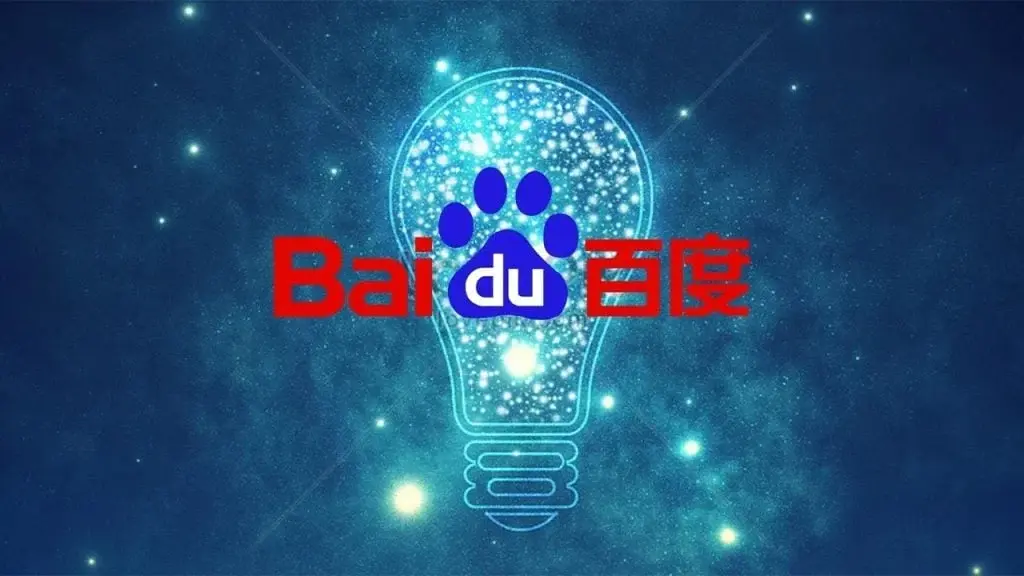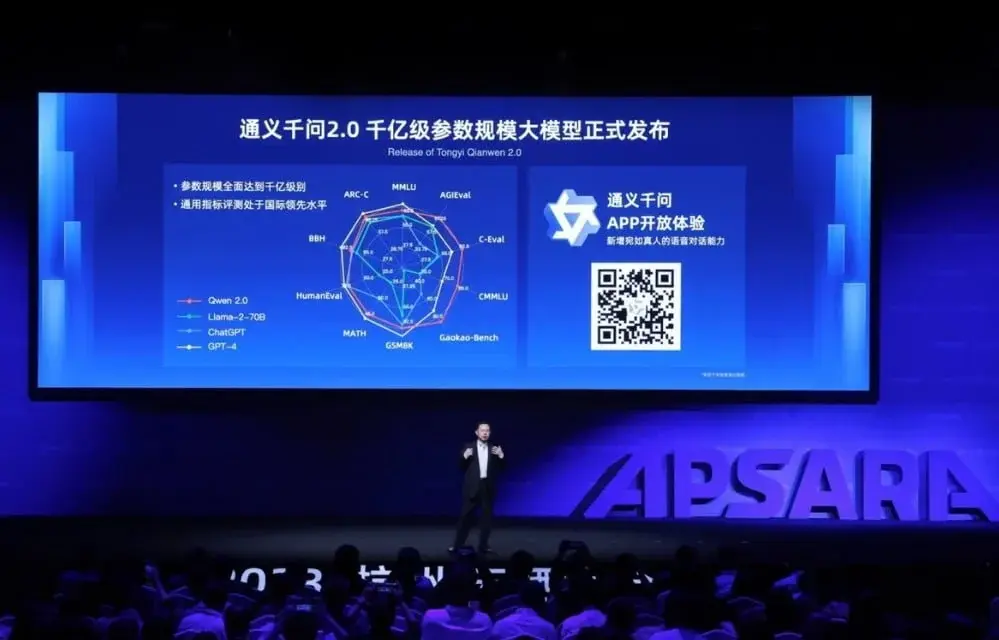Key Takeaways
1. The XiangShan project, initiated by China’s Academy of Sciences, aims to launch an open-source chip by the end of 2023.
2. Chinese officials are developing policy guidance to promote the use of RISC-V chips, with documentation being worked on by eight government agencies.
3. Major Chinese companies are increasingly adopting RISC-V architecture due to its cost-effectiveness and geopolitical neutrality.
4. The chip market is dominated by American companies like Intel and AMD, which use proprietary technologies.
5. The largest providers of RISC-V intellectual property in China include Alibaba-owned XuanTie and Nuclei System Technology, with growing demand expected for these chips.
Back in 2019, the XiangShan project was started by China’s Academy of Sciences, aiming to introduce an open-source chip of the same name by the end of this year. A recent update has shown consistent progress, and insiders who know about local laws have reported that Chinese officials are developing policy guidance to promote the usage of RISC-V chips. Although many specifics are still vague, it appears that the draft could be wrapped up this month.
Policy Development Details
As reported by Reuters, two unnamed sources discussed the topic, revealing that eight government agencies are currently working on the documentation. These agencies include the Cyberspace Administration, the Ministry of Industry and Information Technology, the Ministry of Science and Technology, along with the National Intellectual Property Administration. Unfortunately, these four departments have not provided any comments about the ongoing policy discussions, but we will continue monitoring this situation closely.
Industry Context
The chip market is mainly controlled by American firms like Intel and AMD, both using proprietary technologies. In contrast, the open-source RISC-V chips have a geopolitically neutral stance. Furthermore, Chinese businesses have been increasingly focusing on this architecture due to its cost-effectiveness. The largest for-profit providers of RISC-V intellectual property in China are Alibaba-owned XuanTie and a startup named Nuclei System Technology. Because RISC-V chips generally require less computing power compared to alternative solutions, applications based on DeepSeek could drive higher demand for these chips both in China and internationally.
Source:
Link








